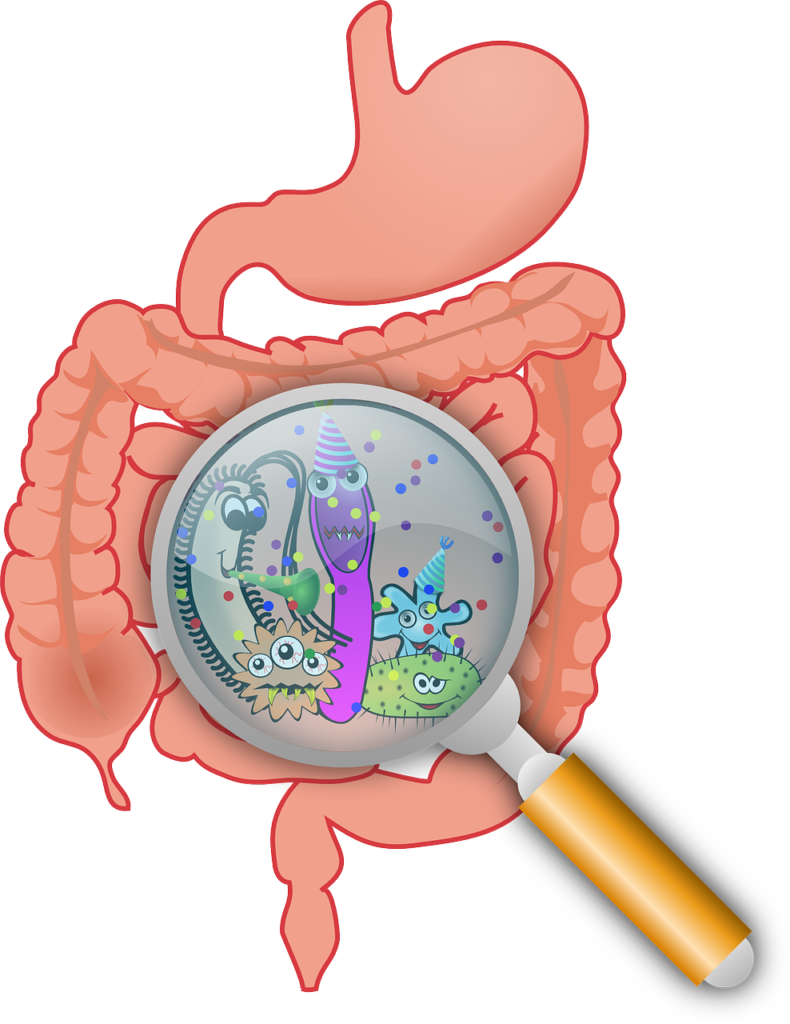Hibiscus rosa-sinensis, commonly known as the Chinese hibiscus or rose of China, is a stunning tropical flowering plant that has captivated gardeners and herbalists for centuries. Its vibrant colors, showy blooms, and numerous medicinal properties have earned it a place as a beloved ornamental and therapeutic plant.
Botanical Characteristics:
Genus: Hibiscus
Species: rosa-sinensis
Family: Malvaceae
Common names: Chinese hibiscus, rose of China, shoe flower
Parts used: Leaves, flowers, and roots.
Taste: Sweet; Nature: Cold; Division: Sweet.
Actions of hibiscus: Laxative, Aphrodisiac, Emmenagogue, Emollient, Refrigerant, Demulcent.
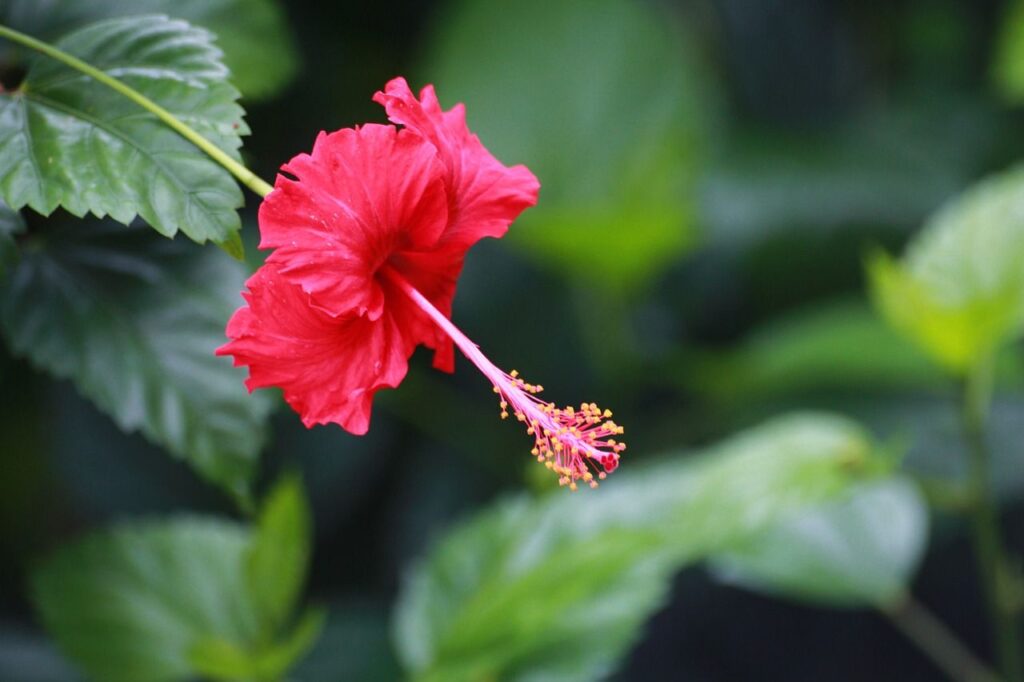

Chemical Composition:
Hibiscus contains phytochemicals such as quercetin, flavonoids, kaempferol-3-xylosyl glucoside, and sterculic acid. Additionally, hibiscus flowers are rich in essential vitamins like vitamin B1, B2, B6, and vitamin C, along with various minerals.
Benefits: Hibiscus Rosa Sinensis has the medicinal property to cure Venereal diseases, Excessive urethral discharge, Menorrhagia.
- 12 grams petals of the flower must be fried in ghee, take internally for 3-5 days, twice a day to cure Menorrhagia
- Add 12 grams petals of the flower to 30 ml water,mix thoroughly with water with hand, repeat the procedure again and again and filter it. Then add sugar to it take internally for 5 days, twice a day to get rid of Venereal diseases, excessive urethral discharge.
- When take it as a juice it cures burning micturition, internal body heat.
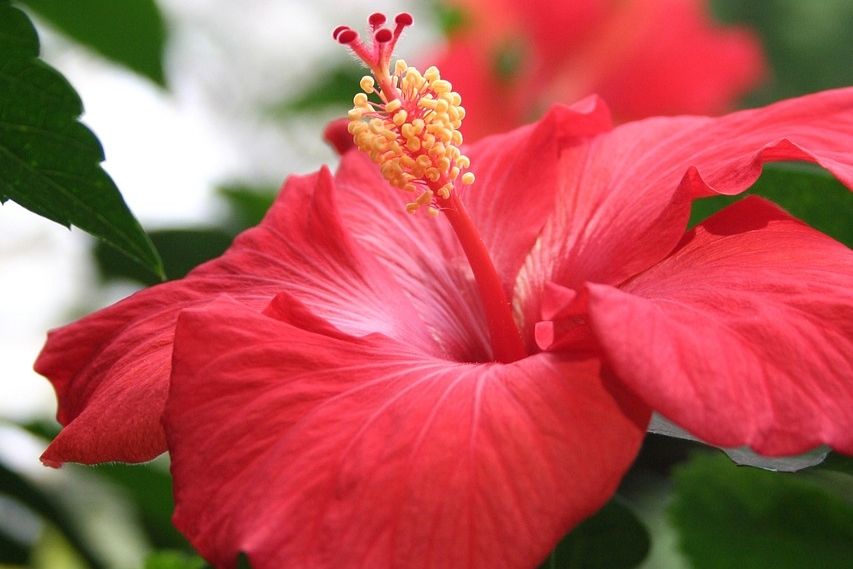

செம்பரத்தை மேகவெட்டை தீராப் பிரமியொடு வம்பிரத்த வெள்ளை வழுவழுப்பும் – வெம்பும் பெரும்பாடு ரத்தபித்த பேதம் அகற்றும் கரும்பா மொழிமயிலே! காண்.
(அகத்தியர்.குணவாகடம்)
Medicinal Uses:
- Syrup for various ailments: Boil one part of hibiscus flower and six parts of water. Reduce the quantity to one-fourth by boiling, strain, and add sugar to make a syrup. Give 17 to 35 grams of this syrup for ailments like cough, fever, and bleeding disorders.
- Cough relief: Mix hibiscus root with adhatoda leaves and give it with drinking water.
- Chronic cough: Boil hibiscus powder with a little pepper in water and drink it.
- Virility and urinary irritation: Dry and powder the pistil of the hibiscus flower and give it.
- Urinary promotion: Dry hibiscus leaves, boil them in water, and add palm jaggery.
- Fatigue relief: Blend hibiscus petals, fig, and milk and drink the juice.
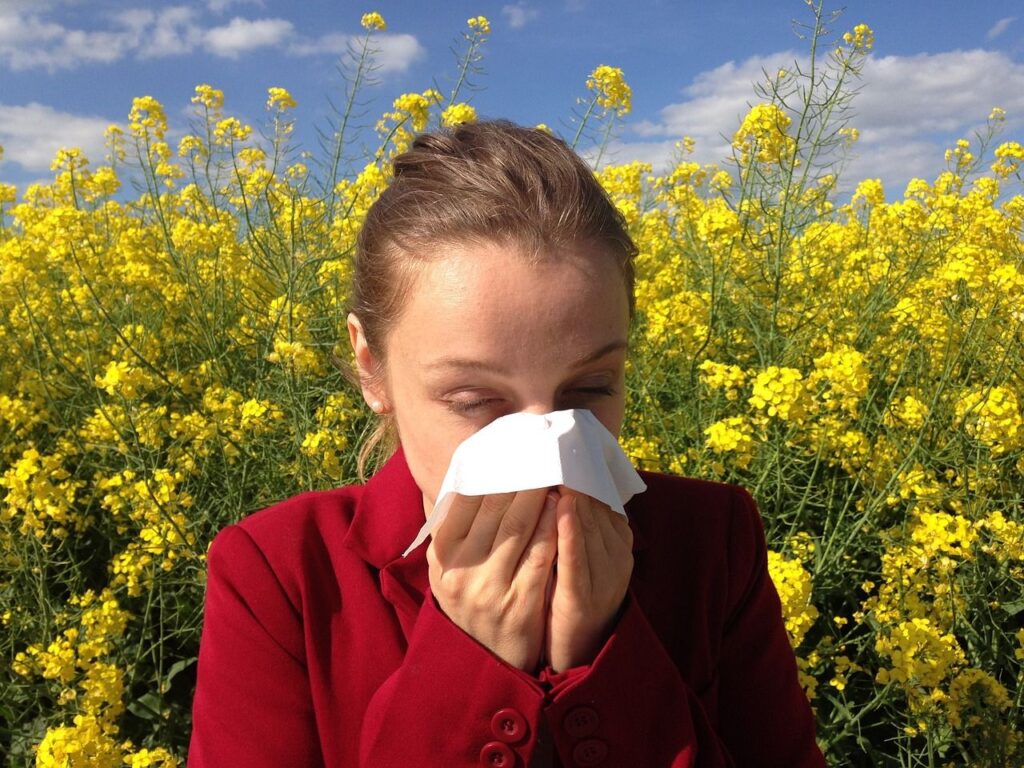

Modern research:
- Cholesterol reduction: Hibiscus can help reduce cholesterol levels.
- Weight loss: It may aid in weight loss.
- Stress reduction: Hibiscus can reduce stress.
- Nerve strengthening: It strengthens nerves.
- Heart protection: Hibiscus protects the heart and heart muscles strenthening.
- Antifungal properties: Hibiscus leaves have antifungal properties.
- Analgesic properties: Hibiscus leaves possess analgesic properties.
Note: For conditions like diabetes, hypertension, and obesity, it’s advisable to incorporate hibiscus tea along with other prescribed medications.
Women Health
- Excessive bleeding(perumpadu): Drying and powdering the flowers and leaves, then mixing them in warm water can reduce excessive bleeding during menstruation.
- Urinary problems: Regularly consuming hibiscus tea or infusion can alleviate urinary problems and reduce heavy bleeding.
- White discharge: Milk, sugar, and ajwain can be added to the tea for white discharge. Hibiscus leaf juice mixed with water can be used to treat white discharge.


Postpartum women: Postpartum women should avoid hibiscus tea.
Hibiscus for Beauty:
Hair care: Incorporating hibiscus leaf and flower extract into hair care oils doubles their benefits.
Hair oil: Mixing equal parts of coconut oil and hibiscus flower juice, boiling it, and using it as hair oil can be beneficial.
Hair growth: Mixing hibiscus flower juice with a small amount of coconut oil, boiling it until the water evaporates, storing it in an airtight bottle, and applying it to the hair can cool the brain and promote hair growth.
Skin glow: It also gives the skin a glow and prevents body odor.


Culinary uses:
Tea: Hibiscus flowers are often used to make a refreshing and tangy tea.
Food coloring: Hibiscus can be used as a natural food coloring agent.
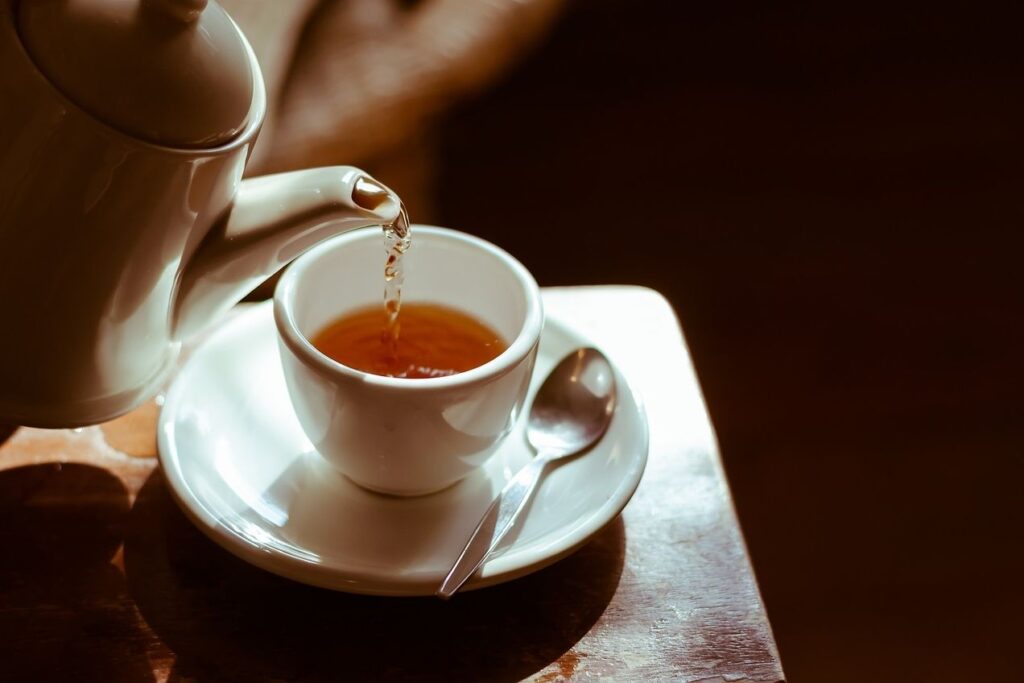

Cultivation and Care:
Climate: Hibiscus rosa-sinensis prefers warm, tropical climates with plenty of sunlight.
Soil: Well-draining soil rich in organic matter is ideal.
Watering: Regular watering is essential, but avoid overwatering.
Fertilizing: Fertilize with a balanced fertilizer during the growing season.
Pruning: Pruning can help maintain the shape of the plant and encourage more blooms.
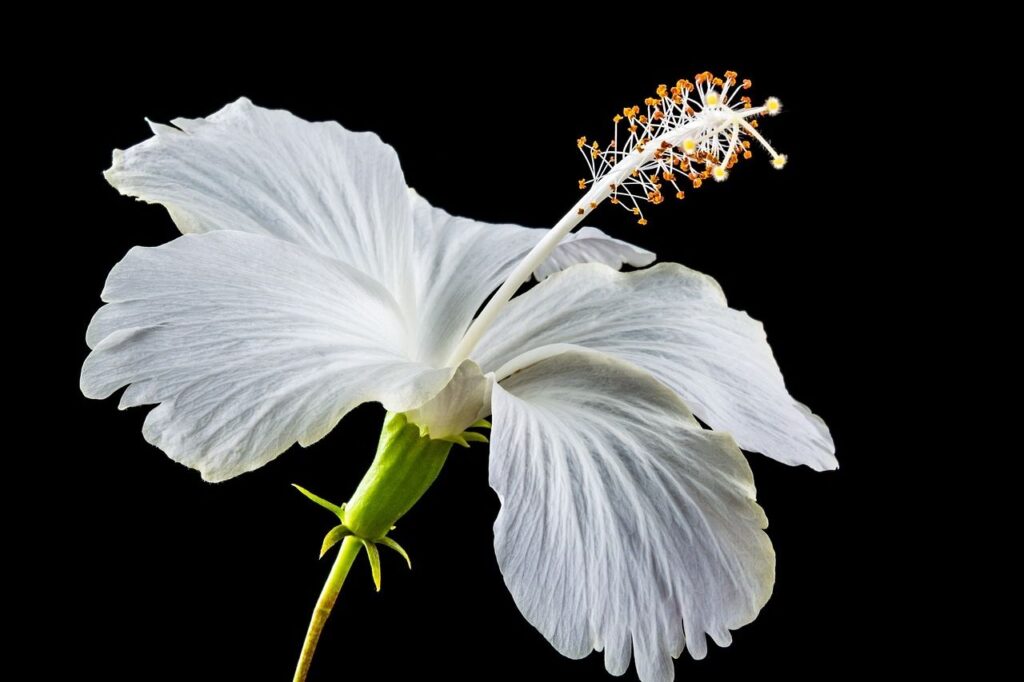

Conclusion:
Hibiscus rosa-sinensis is a versatile and beautiful plant that has been cherished for centuries. Its vibrant flowers, medicinal properties, and cultural significance make it a valuable addition to any garden or home.
Hibiscus is always Nature’s Beauty, and Nature’s Remedy.
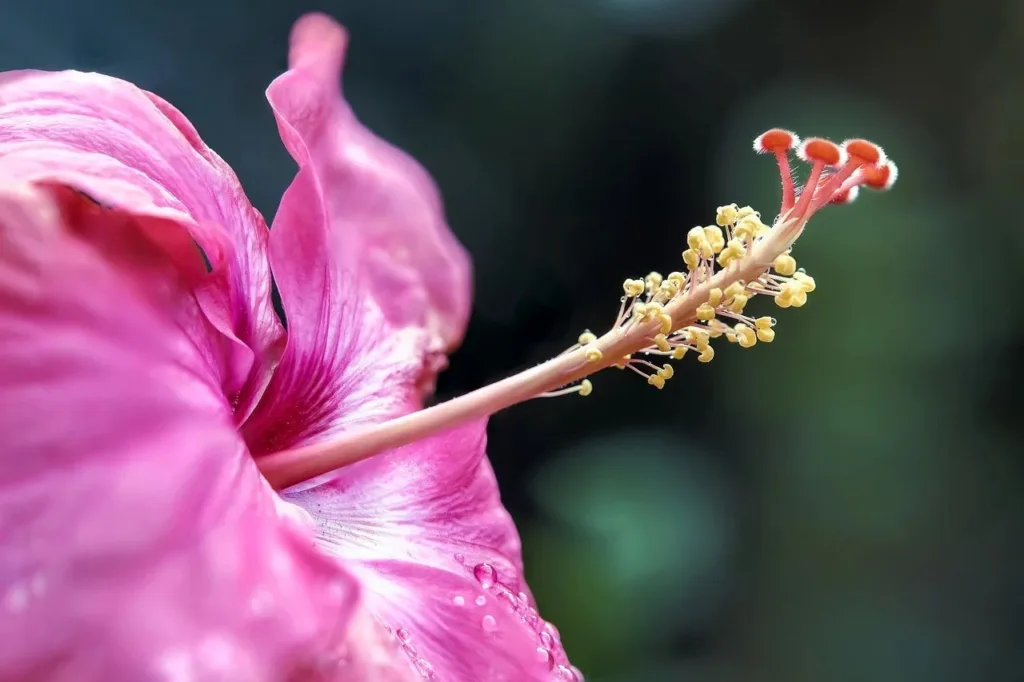
Disclaimer: It’s important to note that this information is for general knowledge purposes only and should not be considered as medical advice. Always consult with a qualified Siddha practitioner for any health concerns or before using Hibiscus or any other herbal remedy


Dr. Augastina B.S.M.S., PGDY, is a passionate Siddha Doctor with a heart of gold. She believes in healing one step at a time. In her writing, you’ll find not just knowledge, but genuine care and a holistic approach to health and well-being.
